SaintJohnsUnitedChurchofChrist
St John’s United Church of Christ
In 1843, fifty German residents of Richmond with a desire to worship in their native language founded the St. John’s German Evangelical Lutheran Church and held their first service at 412-414 East Marshall Street. By 1847, the congregation of the St. John’s German Evangelical Lutheran built a church located on the corner of North Fifth Street and Jackson Street and held its first service on Christmas Day. The congregation established a school in the church basement, and the school continued to be important part of the community for forty years.
St. John’s German Evangelical Lutheran Church became associated with the Evangelical Synod of North America in 1874. The church then changed its name to St. John’s Evangelical Lutheran Church. Although “Lutheran” was part of the church name, St. John’s Evangelical Lutheran Church was never a part of the Lutheran denomination. The “Lutheran” designation simply reflected the tradition of the church’s first members.
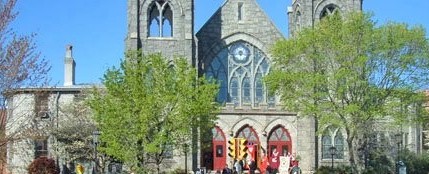 St. John’s Evangelical Lutheran Church moved the church to the corner of Eighth and Marshall Streets in 1881. The move provided a central place for the German community to worship at that time. By 1913, St. John’s Evangelical Lutheran Church purchased property at the corner of Lombardy and Franklin streets, which was originally part of the University of Richmond. The members of the St. ohn’s Evangelical Lutheran Church began to build a new church, and by 1921 the Parish House (Christian Education Building) was built; the sanctuary was built by 1928.
St. John’s Evangelical Lutheran Church moved the church to the corner of Eighth and Marshall Streets in 1881. The move provided a central place for the German community to worship at that time. By 1913, St. John’s Evangelical Lutheran Church purchased property at the corner of Lombardy and Franklin streets, which was originally part of the University of Richmond. The members of the St. ohn’s Evangelical Lutheran Church began to build a new church, and by 1921 the Parish House (Christian Education Building) was built; the sanctuary was built by 1928.
St. John’s Evangelical Lutheran Church changed its name again in 1943, this time to St. John’s Evangelical and Reformed Church, as a result of the 1932 merger between the Evangelical Synod and the Reformed Church in the United States. The final name change occurred in 1962 when St. John’s Evangelical and Reformed Church changed its name to the St. John’s United Church of Christ as a result of the 1957 merger between the Evangelical and Reformed Churches with the Congregational Churches.
The United Church of Christ is a pluralistic and diverse denomination and is the result of a formation of the Congregational Churches and the Evangelical and Reformed Churches. The Congregational Church traces its origin in the United States to the 1620 Pilgrims of Plymouth Plantation and the 1629 Puritans of the Massachusetts Bay Colony. The Evangelical and Reformed Church traces its beginnings to 1725 congregations of German settlers in Pennsylvania. At the time the United Church of Christ was formed, there were nine hundred diverse congregations. The newly formed church accepted the diversity among its congregations and made it the foundation for the church. According to the UCC website, “The United Church of Christ seeks unity within its diversity.”
The St. John’s United Church of Christ is a small size congregation consisting of approximately 200. The congregation consists primarily of middle class families of all ages, and most members are of European descent. According to the United Church of Christ website, the United Church of Christ seeks to be “Multiracial, Multicultural, Open and Affirming, and Accessible to All.” The worship service at the St. John’s United Church of Christ is characterized as pluralistic. The United Church of Christ provides the local congregations with sacraments, liturgies, prayers, songs and worship suggestions for their worship service throughout the year. The “Book of Worship” is available for pastors and individuals attending a United Church of Christ worship service.
The St. John’s United Church of Christ is actively involved with many local outreach programs. These include CARITAS (Congregations Around Richmond Involved To Assure Shelter), William Byrd Community House, Circle Center for Adult Day Services, Stuart Circle Meal Ministry, Habitat for Humanity, James River Regional Clean-up, Confirmation Class Mission Activities, Narcotics Anonymous, and Alcoholics Anonymous. National and International outreach activities for St. John’s United Church of Christ include Church World Service, which provides worldwide disaster relief; Heifer Project, which provides third world individuals and families with live animals for both sustenance and a livelihood; and Great Hour of Sharing (OGHS), which provides international self help programs.
St. John’s United Church of Christ
503 North Lombardy Street
Richmond, VA 23220
(804)-358-9291
Sources:
John’s United Church of Christ website
United Church of Christ website
Profile prepared by John Lack
February, 2007

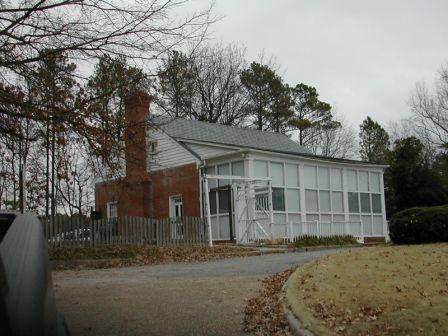 Pastor Dwight Smith and his wife Thelma Smith, are the founders, preachers and facilitators of the Richmond Center. The Spiritual Mind Center encourages an individual’s pursuit of holistic balance: mental, physical, and spiritual harmony with themselves and in their interactions in the world. In explaining the history and tradition of the Spiritual Mind Center, the Smiths credit a divine Creator for “the creation of everything that is,” and explain that “there is a God essence in everything and everyone.” Pastor Dwight Smith states that “Realizing that nothing can be created or destroyed gives us a greater appreciation for everything and everyone, (and in) being ourselves, (in our) divine expression, we can see that nothing opposes God.”
Pastor Dwight Smith and his wife Thelma Smith, are the founders, preachers and facilitators of the Richmond Center. The Spiritual Mind Center encourages an individual’s pursuit of holistic balance: mental, physical, and spiritual harmony with themselves and in their interactions in the world. In explaining the history and tradition of the Spiritual Mind Center, the Smiths credit a divine Creator for “the creation of everything that is,” and explain that “there is a God essence in everything and everyone.” Pastor Dwight Smith states that “Realizing that nothing can be created or destroyed gives us a greater appreciation for everything and everyone, (and in) being ourselves, (in our) divine expression, we can see that nothing opposes God.”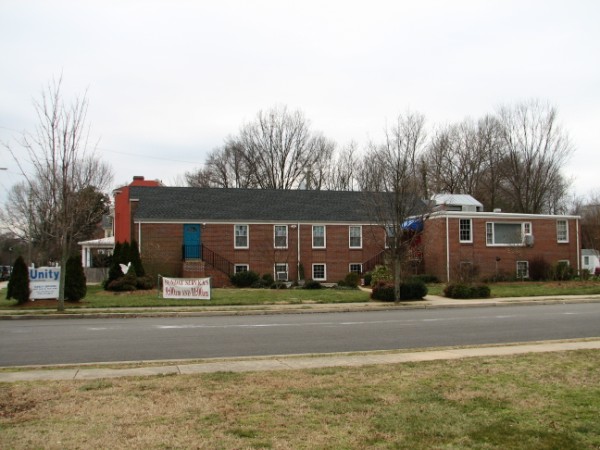 Unity has as co-ministers, Reverend Richard Bunch and his wife Reverend Victoria Bunch. Reverend Victoria Bunch, a former therapist, is a graduate of Virginia Commonwealth University. There are two services each week. On Sunday there is a one hour Sunday Celebration followed by another hour Quest service. On Wednesday evening there is a one hour Silent Meditation service followed by a Guided Meditation service.
Unity has as co-ministers, Reverend Richard Bunch and his wife Reverend Victoria Bunch. Reverend Victoria Bunch, a former therapist, is a graduate of Virginia Commonwealth University. There are two services each week. On Sunday there is a one hour Sunday Celebration followed by another hour Quest service. On Wednesday evening there is a one hour Silent Meditation service followed by a Guided Meditation service.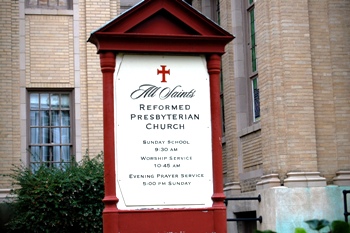 All Saints Reformed holds worship services on Sunday morning and evening. These services are usually traditional and start with a call to worship, hymn and a silent prayer. They will also have a scripture reading, a sermon by the pastor, and the Apostles’ Creed. Sunday worship services usually end with Doxology and Benediction. All Saints Reformed offers two adult Sunday school classes as well as children’s Sunday school classes for grades two through twelve on Sunday mornings. There are also covenant groups that meet twice a month on weekday evenings at member’s homes. A youth group and women’s Bible study group are offered at the church as well. All Saints Reformed offers a Christmas Eve mass, an Easter Sunday Service and a Thanksgiving service. There are about 170 members of All Saints Reformed, and about
All Saints Reformed holds worship services on Sunday morning and evening. These services are usually traditional and start with a call to worship, hymn and a silent prayer. They will also have a scripture reading, a sermon by the pastor, and the Apostles’ Creed. Sunday worship services usually end with Doxology and Benediction. All Saints Reformed offers two adult Sunday school classes as well as children’s Sunday school classes for grades two through twelve on Sunday mornings. There are also covenant groups that meet twice a month on weekday evenings at member’s homes. A youth group and women’s Bible study group are offered at the church as well. All Saints Reformed offers a Christmas Eve mass, an Easter Sunday Service and a Thanksgiving service. There are about 170 members of All Saints Reformed, and about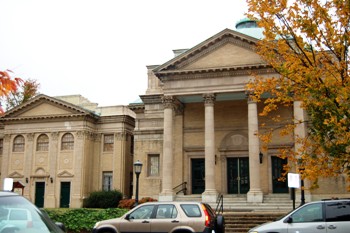 160 that regularly attend services. Most of the membership is Caucasian families, but the majority of the churches membership commutes from outside of Richmond to the church since All Saint’s membership consists of the families formerly affiliated with the Stony Point Reformed Presbyterian Church.
160 that regularly attend services. Most of the membership is Caucasian families, but the majority of the churches membership commutes from outside of Richmond to the church since All Saint’s membership consists of the families formerly affiliated with the Stony Point Reformed Presbyterian Church.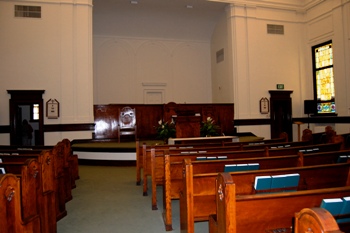 All Saints Reformed Presbyterian Church
All Saints Reformed Presbyterian Church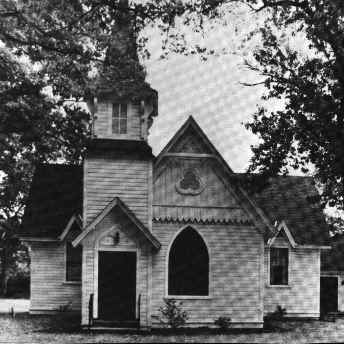
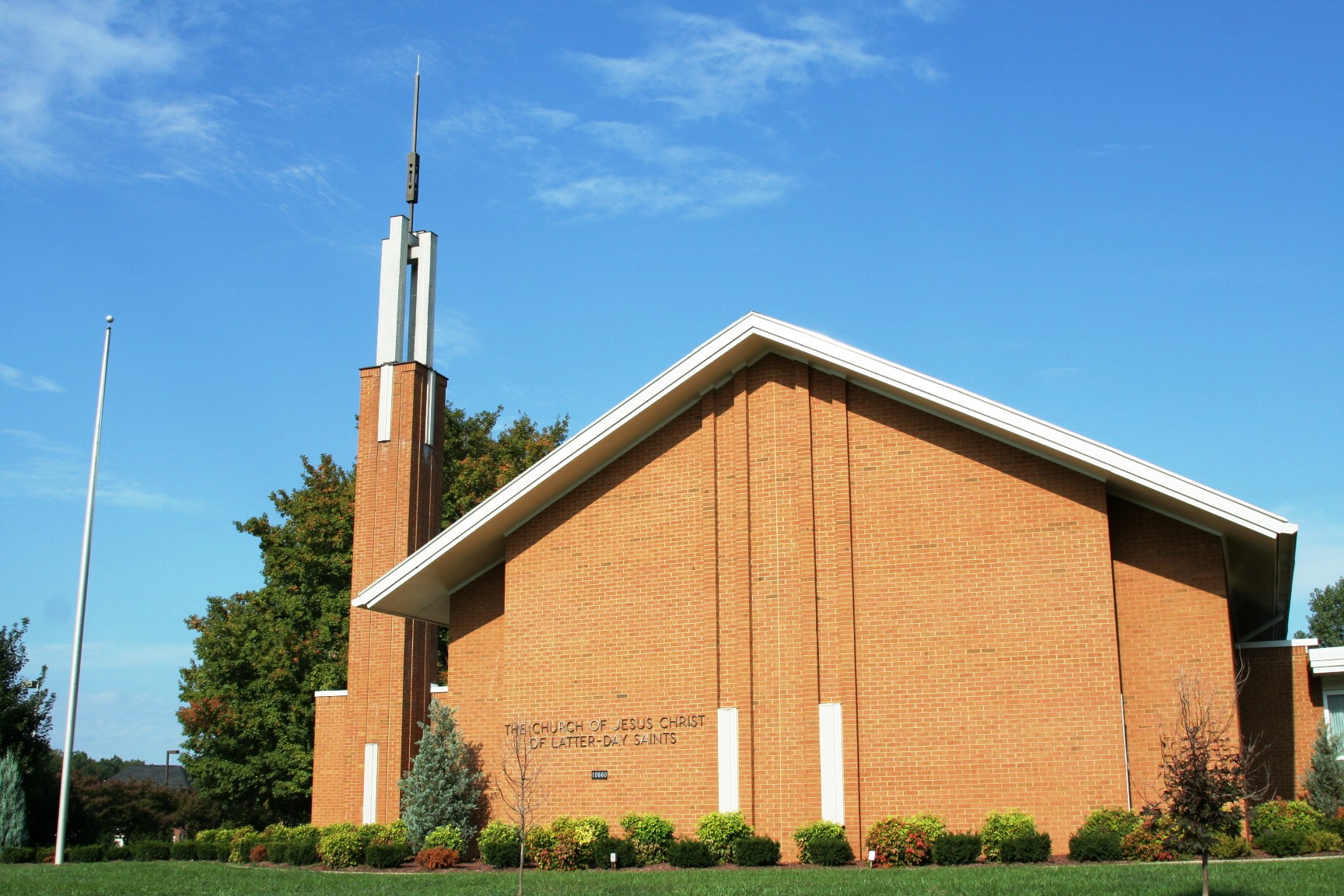 The congregation of approximately 600 members consists of mostly middle class families of all ages, and most members are of European descent, with a small percentage from other ethnical backgrounds. The church pastor and associate pastor are supported by a large staff that administers the following programs: music, youth ministries, children’s ministries, daycare, and outreach programs. The outreach ministries of the Bon Air Presbyterian Church include the Congregations Around Richmond Involved To Assure Shelter (CARITAS), Richmonders Involved to Strengthen our Communities (RISC), blood drives, and Fair Trade Products. The Bon Air Presbyterian Church also supports the ministries of the Presbyterian Church (USA).
The congregation of approximately 600 members consists of mostly middle class families of all ages, and most members are of European descent, with a small percentage from other ethnical backgrounds. The church pastor and associate pastor are supported by a large staff that administers the following programs: music, youth ministries, children’s ministries, daycare, and outreach programs. The outreach ministries of the Bon Air Presbyterian Church include the Congregations Around Richmond Involved To Assure Shelter (CARITAS), Richmonders Involved to Strengthen our Communities (RISC), blood drives, and Fair Trade Products. The Bon Air Presbyterian Church also supports the ministries of the Presbyterian Church (USA).